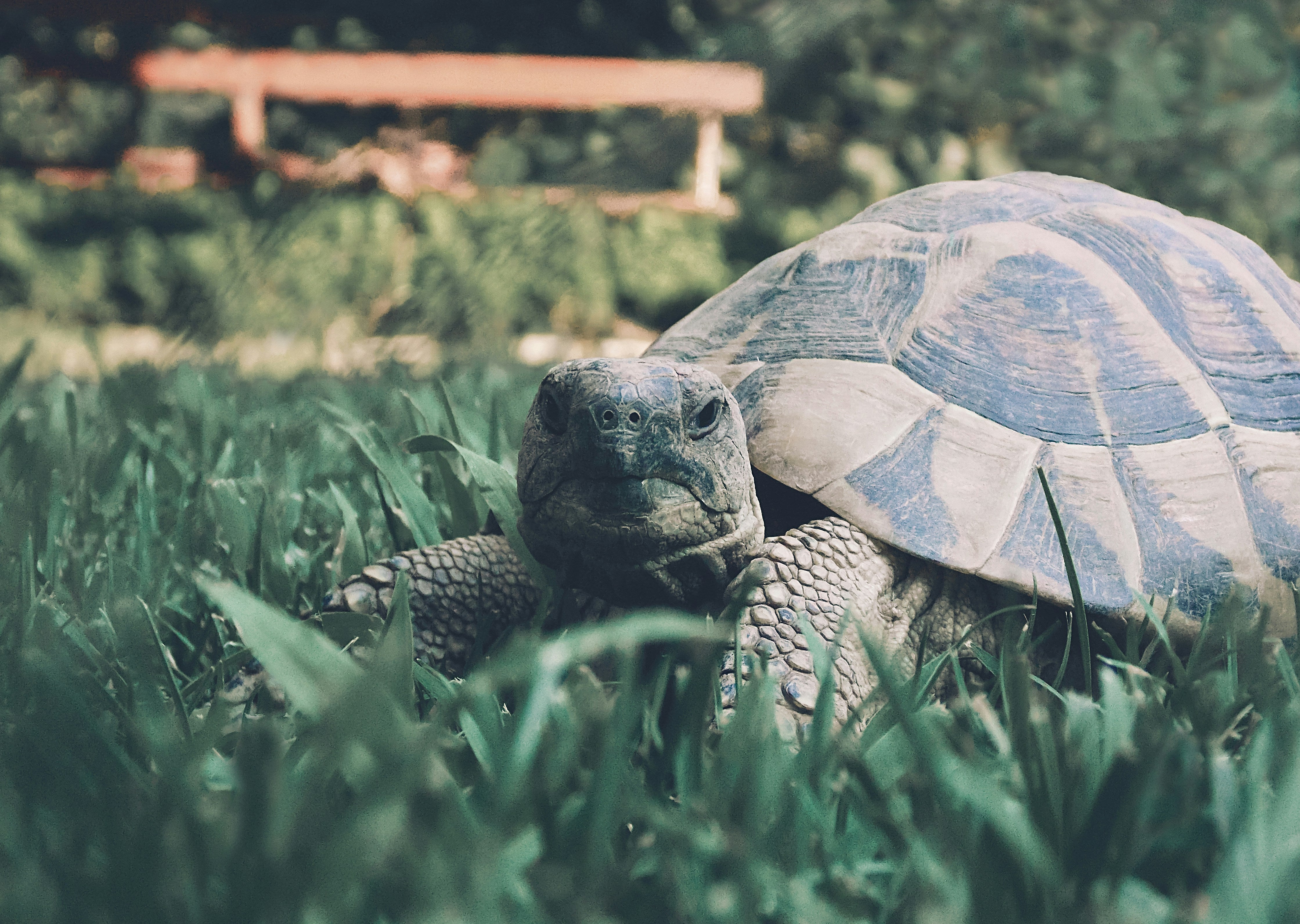Tutuky Magazine
- All
- 20%discount
- act love
- Act of Love
- adopting
- age
- Amphibian Pet
- Animals with habit
- attracting lost birds
- bed
- bird care tips
- bird recovery services
- birds
- Bond with Dogs
- Bones
- Breeds
- Busyowners
- BusyPetowners
- buythisnow
- Carrots for Birds
- cats
- Cats in cars
- Check
- Check the vet
- chocolate and pets
- comfort
- cozy
- Diabetes
- Discount pet supplies
- Dog Snoring
- Dog with tartar
- dogs
- Dogs in cage
- eggs
- elder
- Europe
- Euthanasia in Cats
- Exotic Pet Veterinary
- Felines
- find lost pet bird
- First pet
- Found authorities
- Halloweenpet
- Hamsters
- health
- how to find a parrot that escaped
- hygiene
- Insulin
- kitty
- knowthis
- leash
- Lost pet
- lost pet bird
- oldcat
- Online pet store
- online shopping
- Pet accessories
- Pet Acessories
- Pet bedding
- pet bird safety
- Pet birds diet
- Pet Capybaras
- Pet care tips
- Pet caring
- Pet Environment music
- Pet feeding
- Pet first aid
- Pet health
- Pet health supplements
- Pet hibernation
- Pet Hotel
- Pet Hygiene
- Pet insurance
- Pet Reptile music
- Pet Reptile tricks
- Pet Sitter
- pet snoring
- Pet Traffic
- pets
- pets nutrition
- pulling leash
- Reptile pet
- Reptile supplies
- rodents
- S Type Cats Tunnel
- Safety for pets
- senior pet
- Small pets
- Solitary Pet
- Trauma
- UK
- USA
- walk the dog
- Washable Portable HAir Removal Roller
- website recommending
- what to do if you lose your bird
- Winter
- youneedthis
- yummy
Why Do Cats Hate Car Rides? Understanding Your Feline Friend’s Fear of Driving
Cats dislike car rides primarily due to their need for routine, sensory sensitivity, and lack of control in a moving vehicle. Motion sickness and past traumatic experiences also contribute to their anxiety around travel. Understanding these reasons can help you approach car rides in a way that minimizes your cat’s stress.
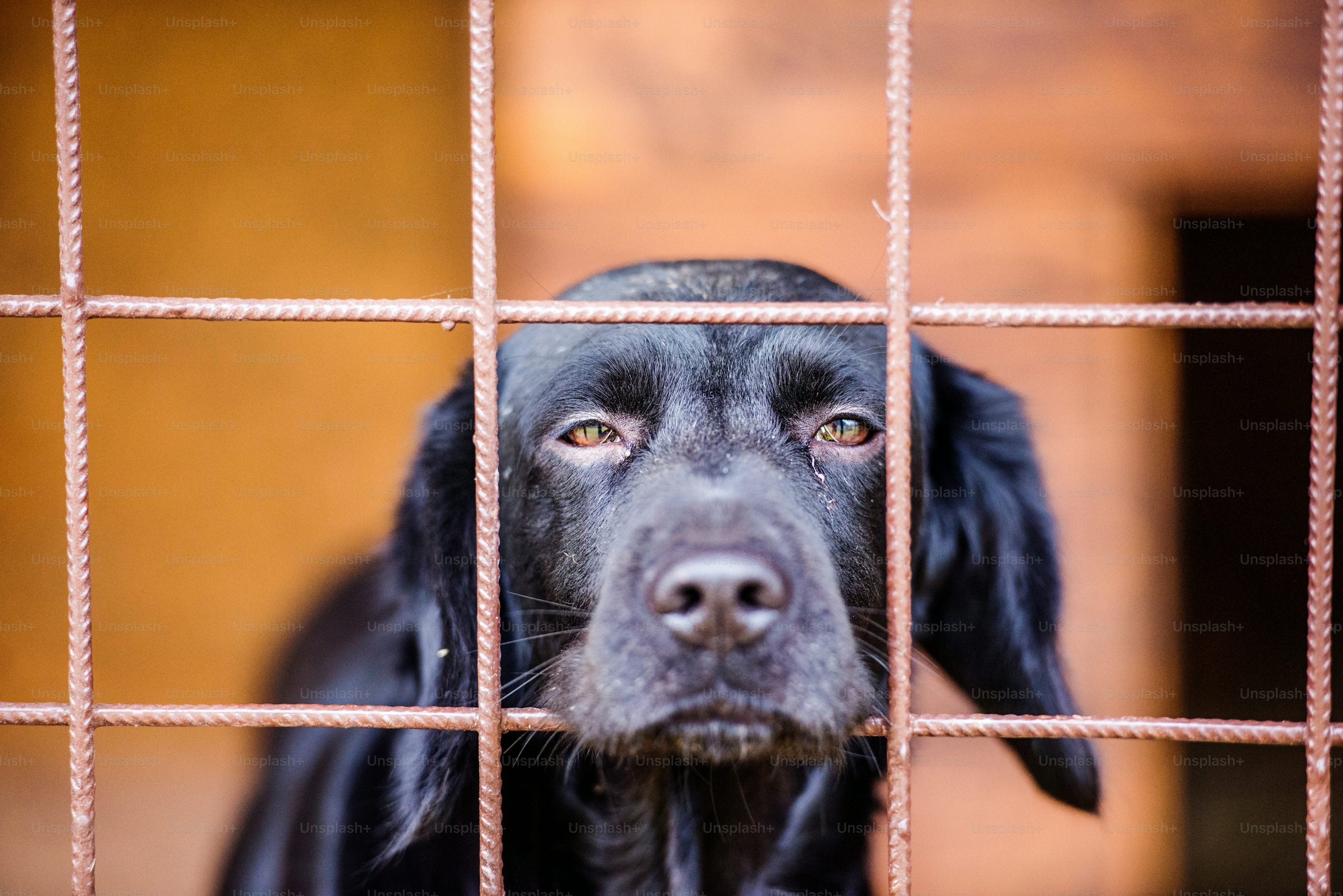
Illegal dog trafficking is a cruel, underground industry where dogs are treated as commodities, smuggled across borders, and sold in unregulated markets. This trade causes severe health issues and psychological trauma for the animals, and poses health risks to humans due to zoonotic diseases. By understanding the signs of trafficked dogs, adopting from reputable shelters, and supporting stricter animal welfare laws, individuals can help combat this heartbreaking issue. Read on to discover how illegal dog trafficking operates, its impact on dogs and communities, and how you can help fight this inhumane trade.

Pet Sitter vs. Pet Hotel: Which is Best for Your Furry Friend?
Need to decide between a pet sitter and a pet hotel for your pet’s care while you’re away? This article explores the benefits and drawbacks of both options to help you make the best choice. Learn how pet sitters provide in-home care, less stress, and a consistent routine, while pet hotels offer 24/7 supervision, socialization, and specialized services. Discover tips on choosing the best option based on your pet’s personality, needs, and your budget, ensuring peace of mind and happiness for both you and your pet.
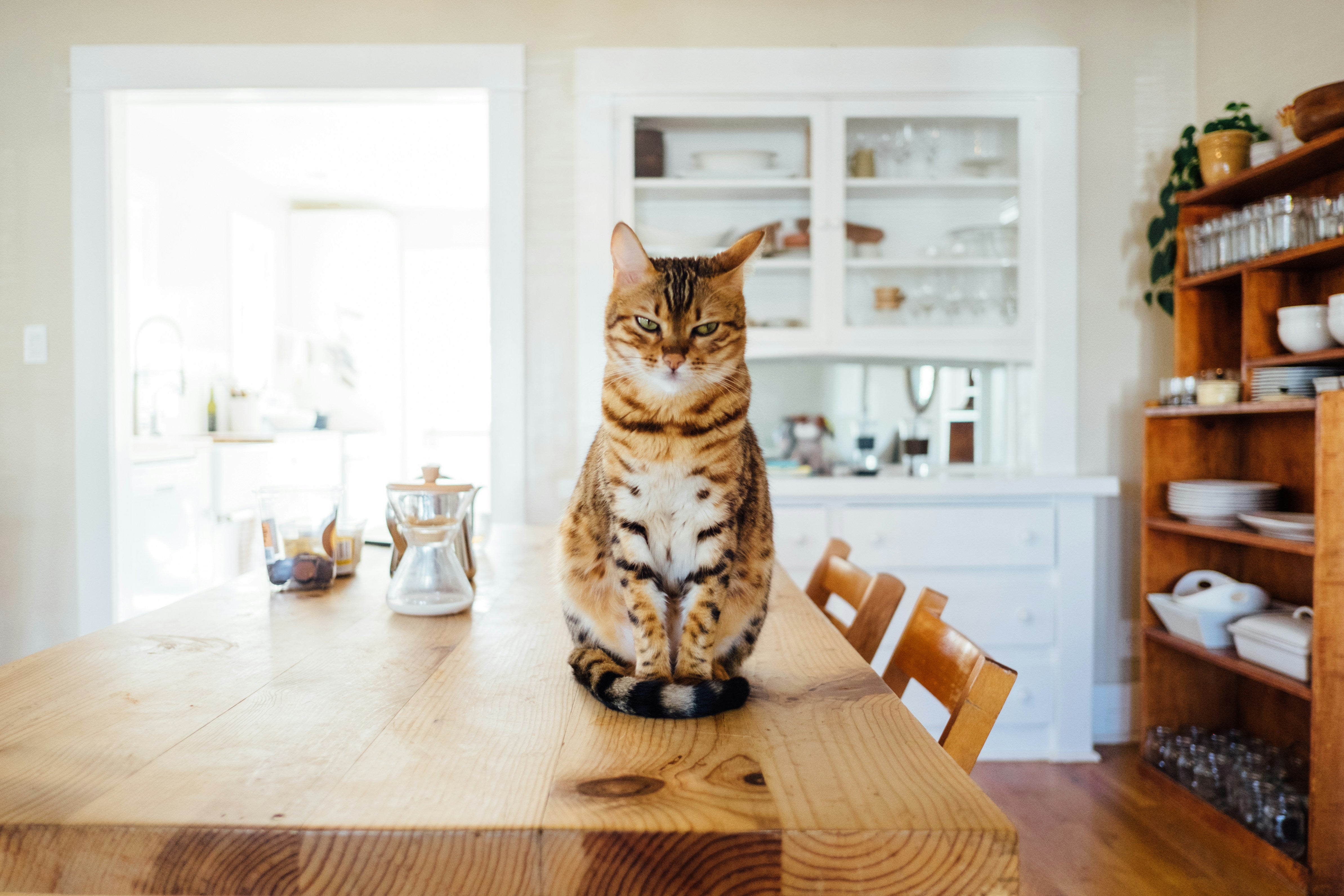
Understanding the Solitary Cat: What to Do When Your Cat Doesn’t Accept Other Cats
What You Should (and Should Not) Feed Your Pet Tortoise: A Comprehensive Guide
Your Dog doesn’t like to go out? What should you do!
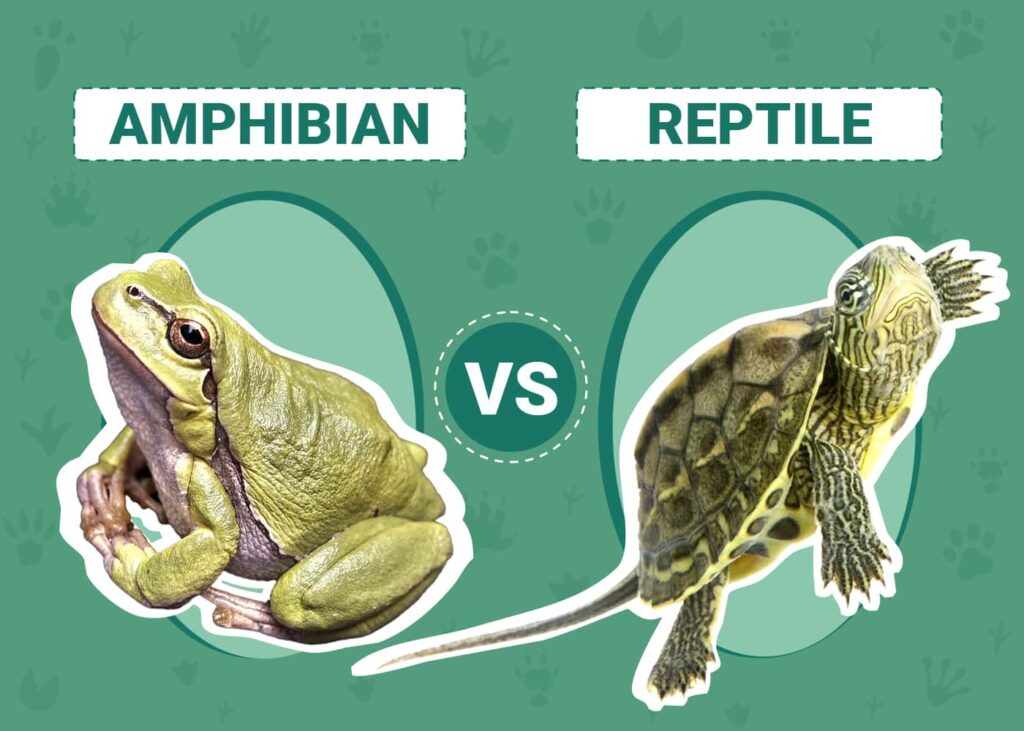
Understanding the Differences Between Reptiles and Amphibians: What you need to know
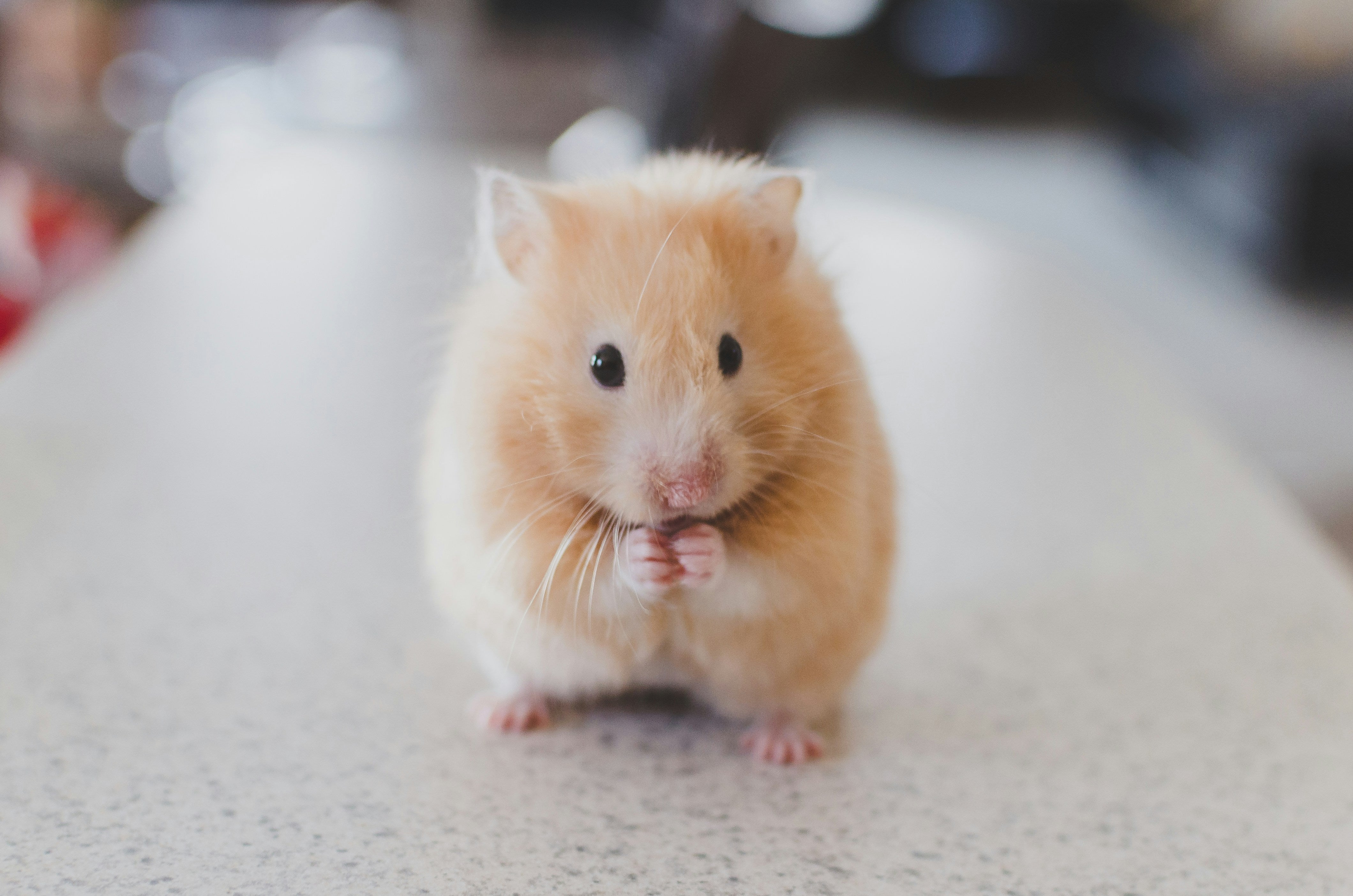
Understanding Hibernation in Pets: A Comprehensive Guide
Hibernation in pets is a concept that often leads to confusion, as most domesticated animals like dogs and cats do not enter true hibernation but may exhibit similar behaviors during winter. As temperatures drop, pets might sleep more, reduce their activity levels, and seek warmth. Understanding these changes is crucial for pet owners to provide appropriate care. To keep pets healthy during the winter months, it’s essential to maintain regular exercise, provide warm sleeping areas, adjust their diets, ensure hydration, and stay vigilant for signs of health issues. By recognizing and accommodating these winter behaviors, pet owners can help their furry companions thrive in colder weather.
Best Dog Breeds for Busy People: Finding the Perfect Canine Companion



